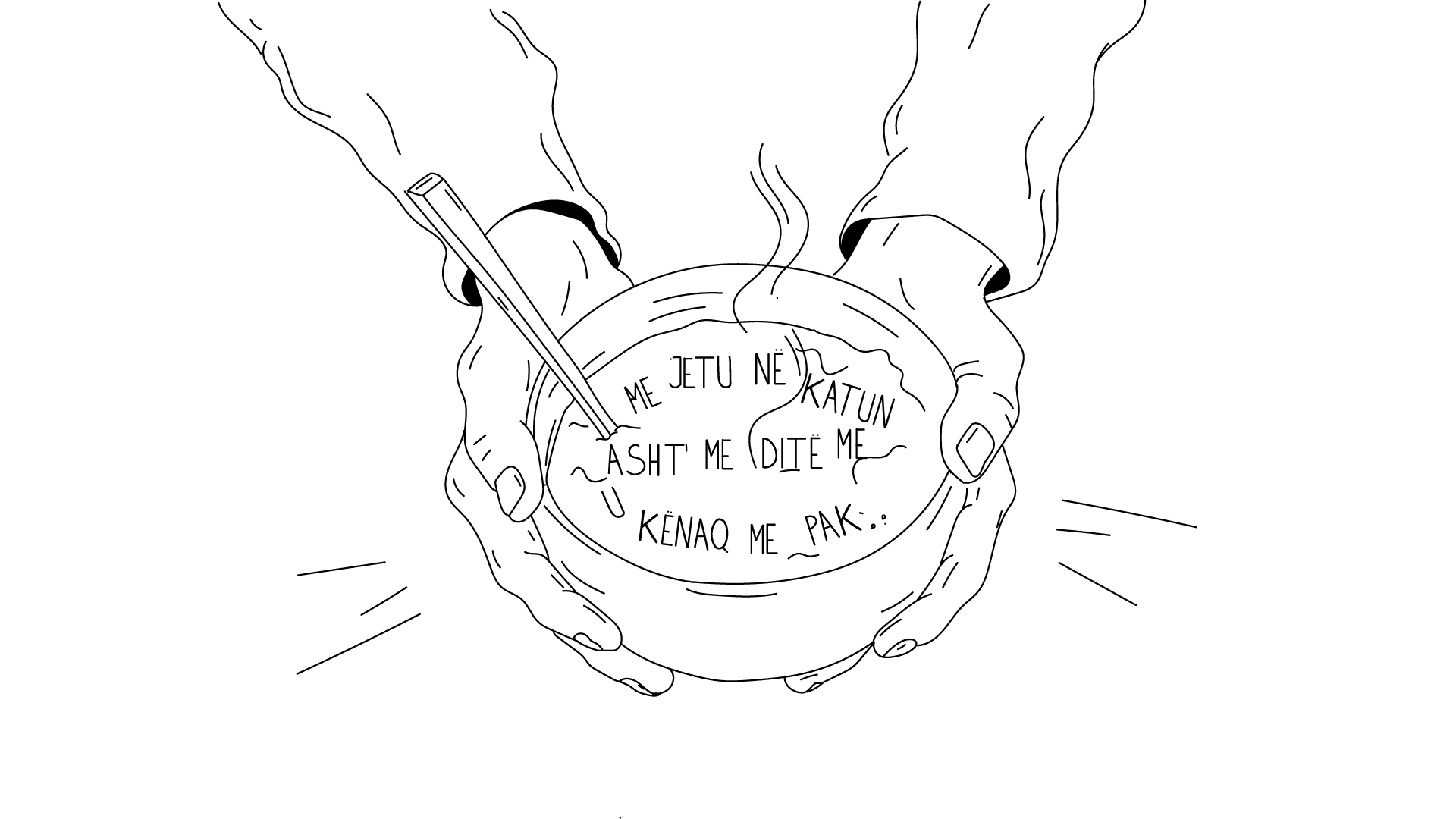
Letter from the village
Living in a village means being happy with little.

Fjolla Avdylaj
Fjolla Avdylaj is interested in and deals with the consequences of climate change, food safety and the deepening of poverty. Since change starts from oneself, she believes that reducing food waste would be "the big step for humanity" in the face of famine crises.
This story was originally written in Albanian.